OpenSciEd 7.3 Metabolic Reactions
1/27
There's no tags or description
Looks like no tags are added yet.
Name | Mastery | Learn | Test | Matching | Spaced |
|---|
No study sessions yet.
28 Terms
amino acids
building blocks of proteins
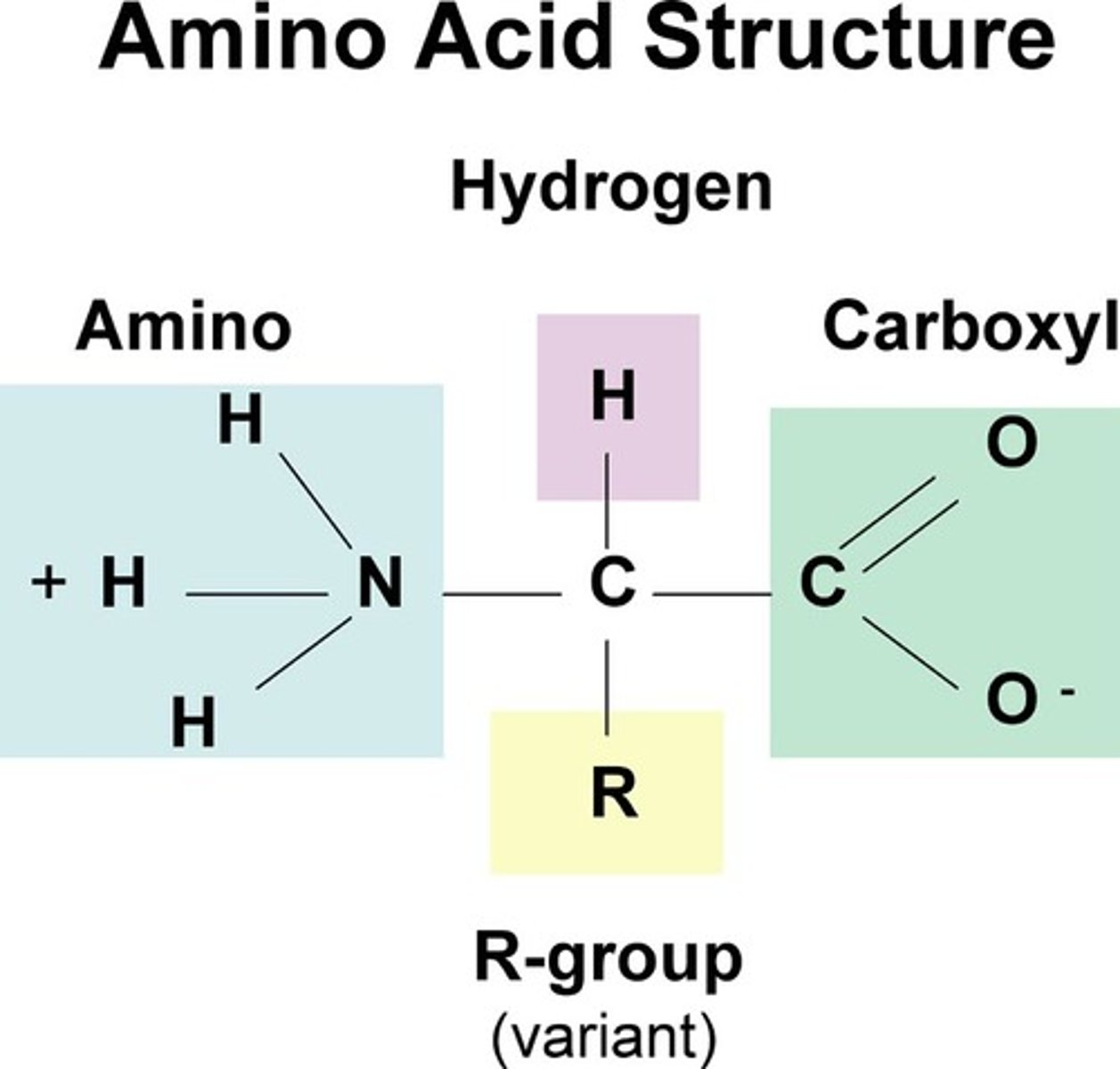
carbohydrate
compound made up of carbon, hydrogen, and oxygen atoms; major source of energy for the human body
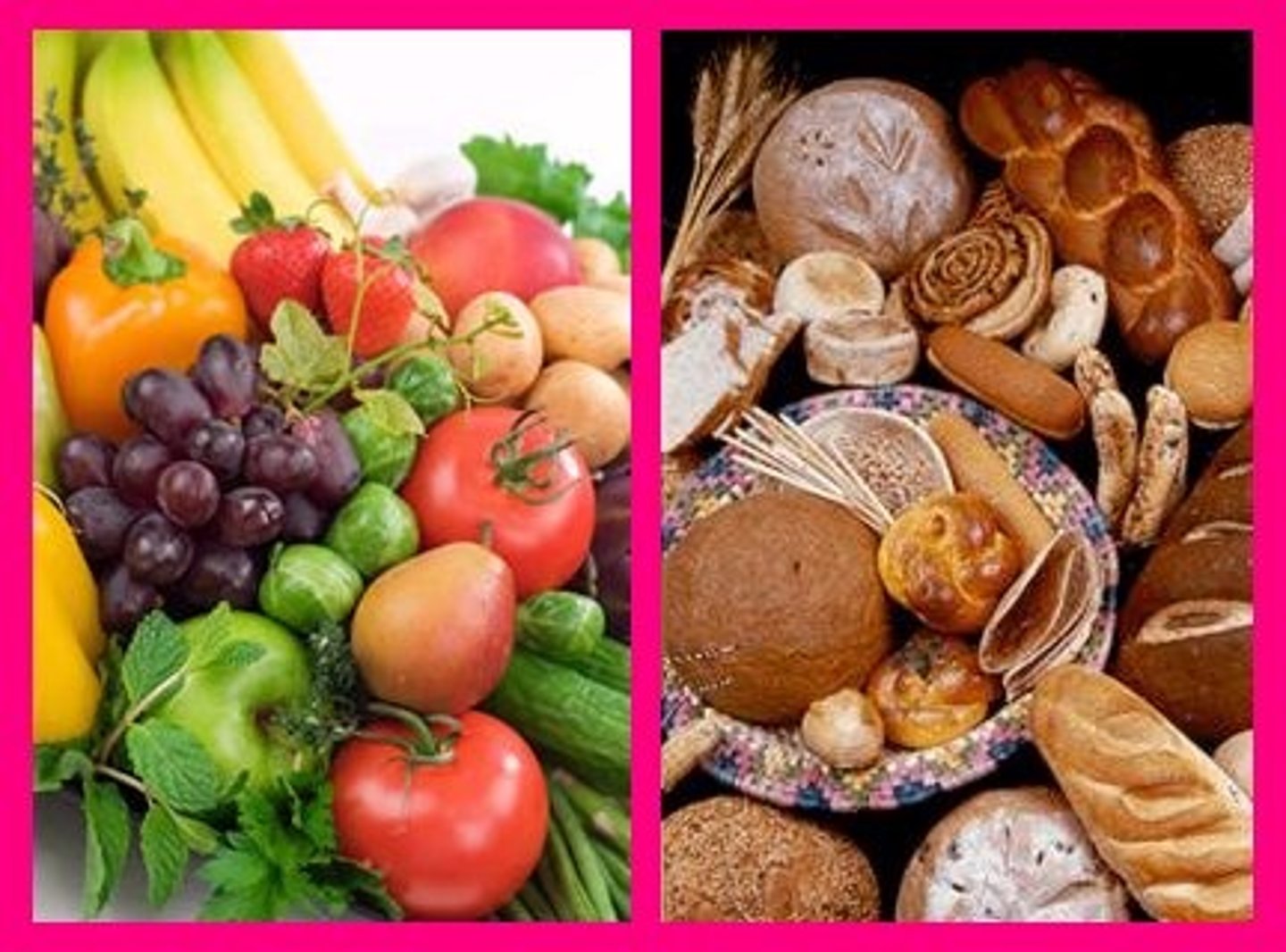
cellular respiration
the process by which cells use oxygen to produce energy from food

chemical reaction
process that changes one set of chemicals into another set of chemicals
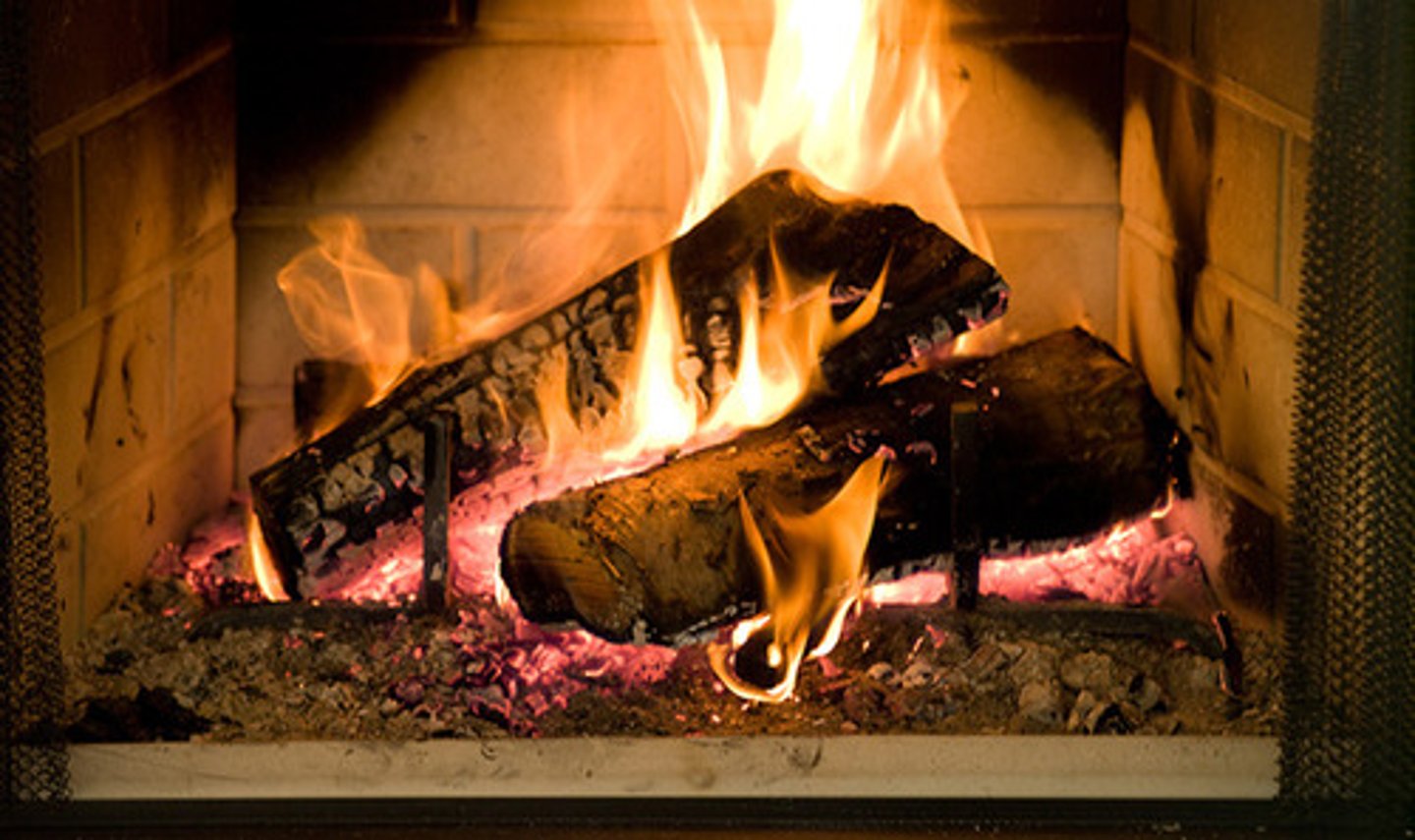
Esophagus
A muscular tube that connects the mouth to the stomach.
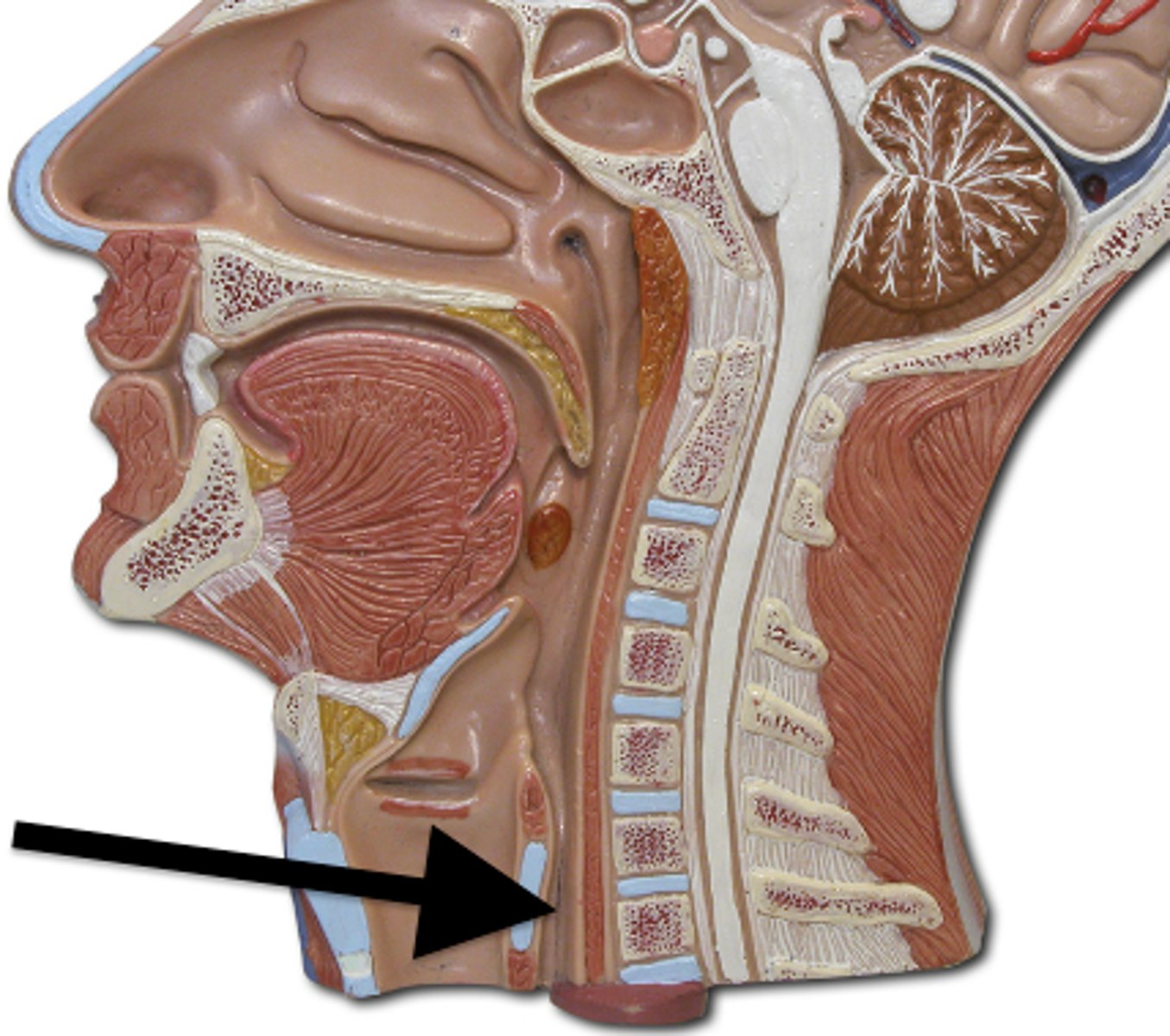
fatigue
Extreme tiredness, exhaustion
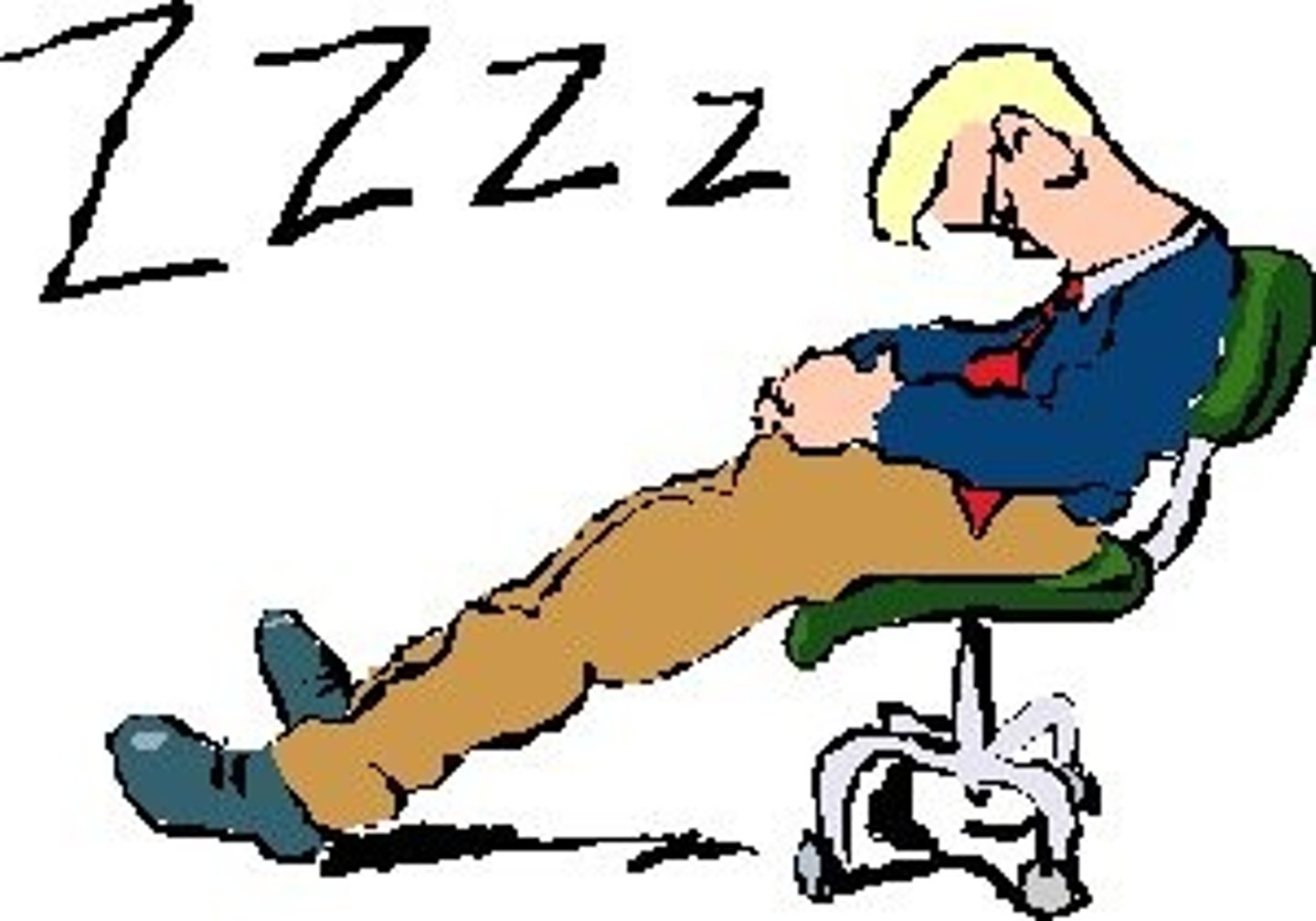
fatty acids
unbranched carbon chains that make up most lipids
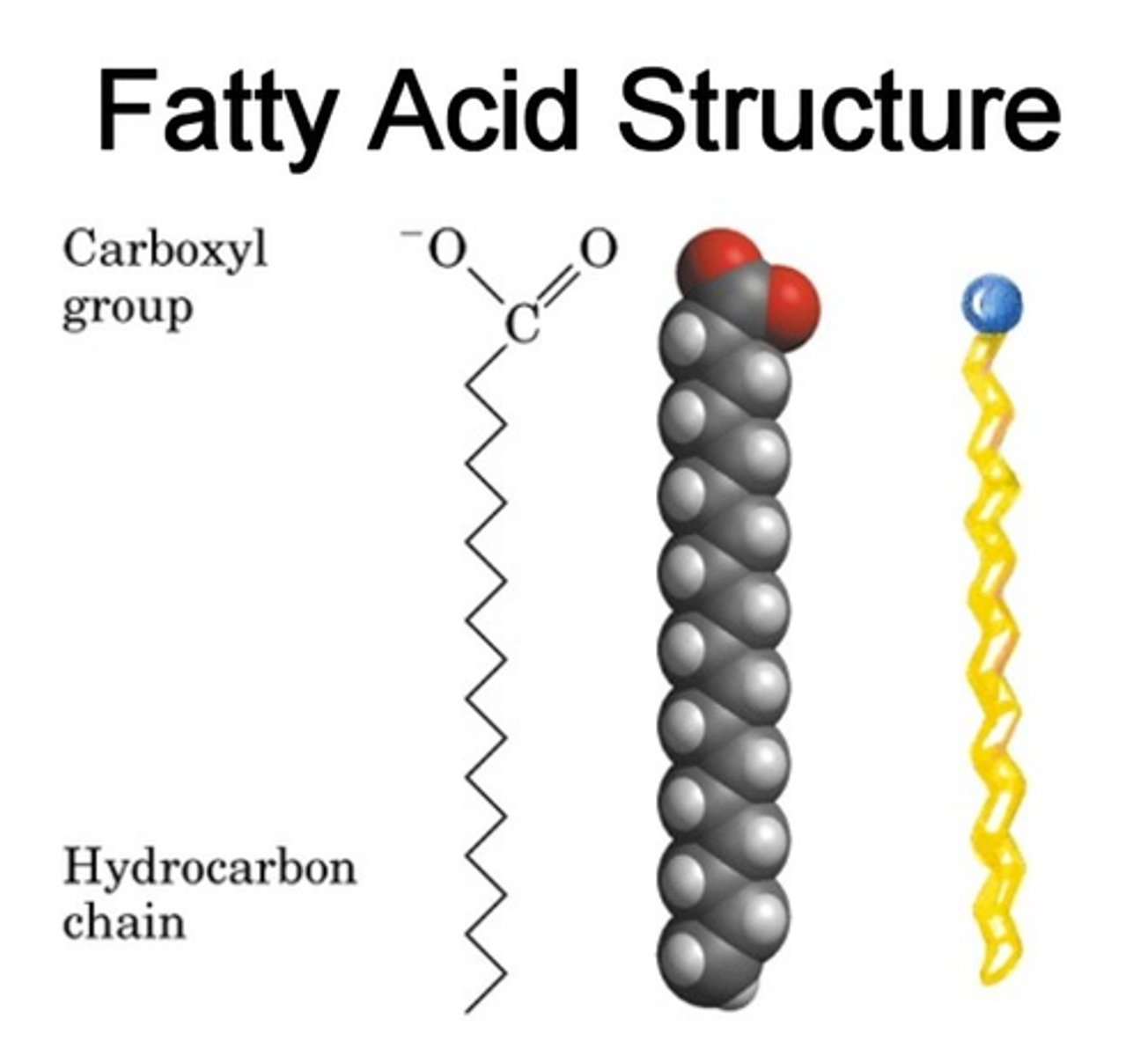
Glucose
the form of sugar that circulates in the blood and provides the major source of energy for body tissues. When its level is low, we feel hunger.
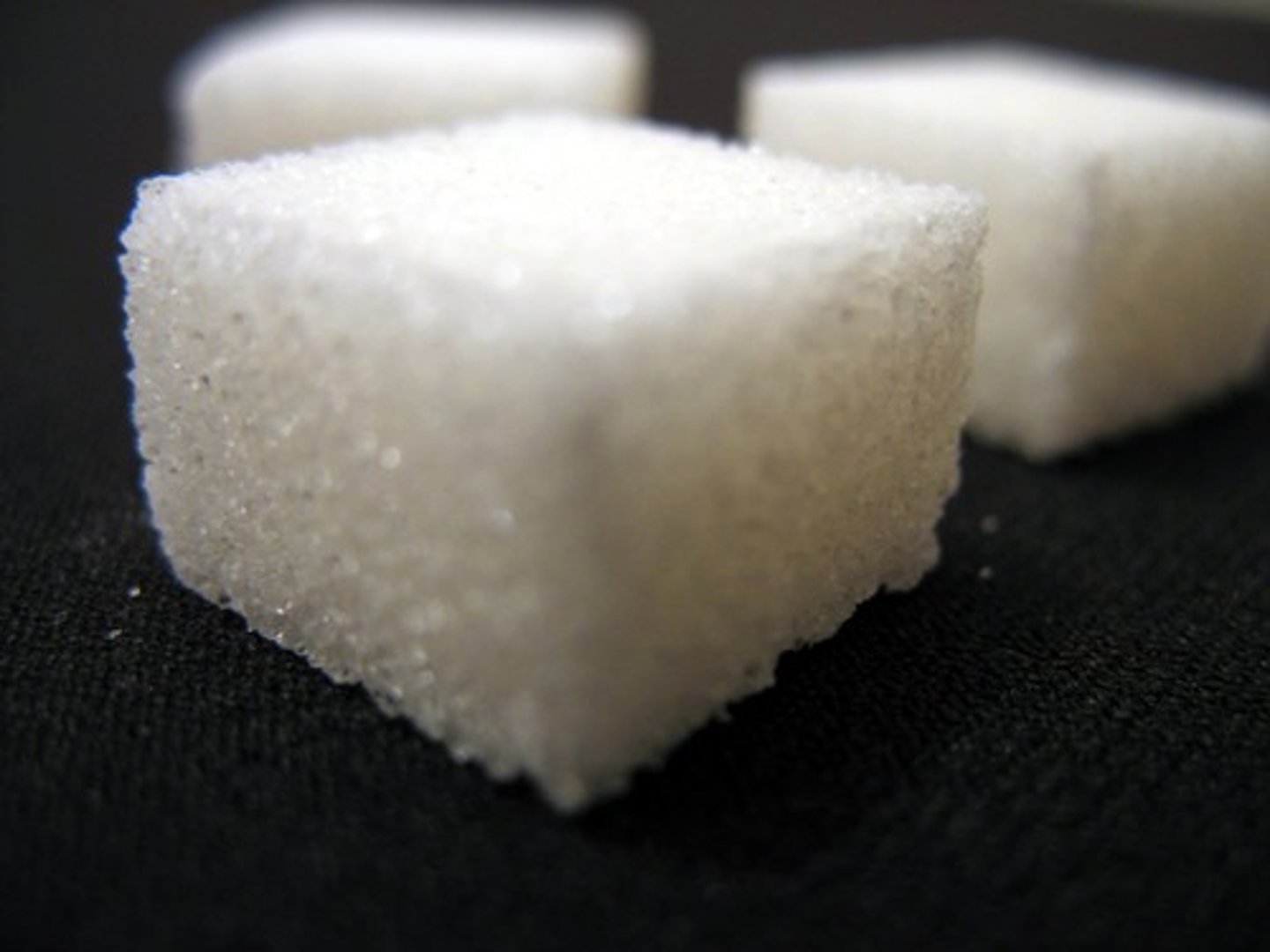
large intestine
The last section of the digestive system, where water is absorbed from food and the remaining material is eliminated from the body
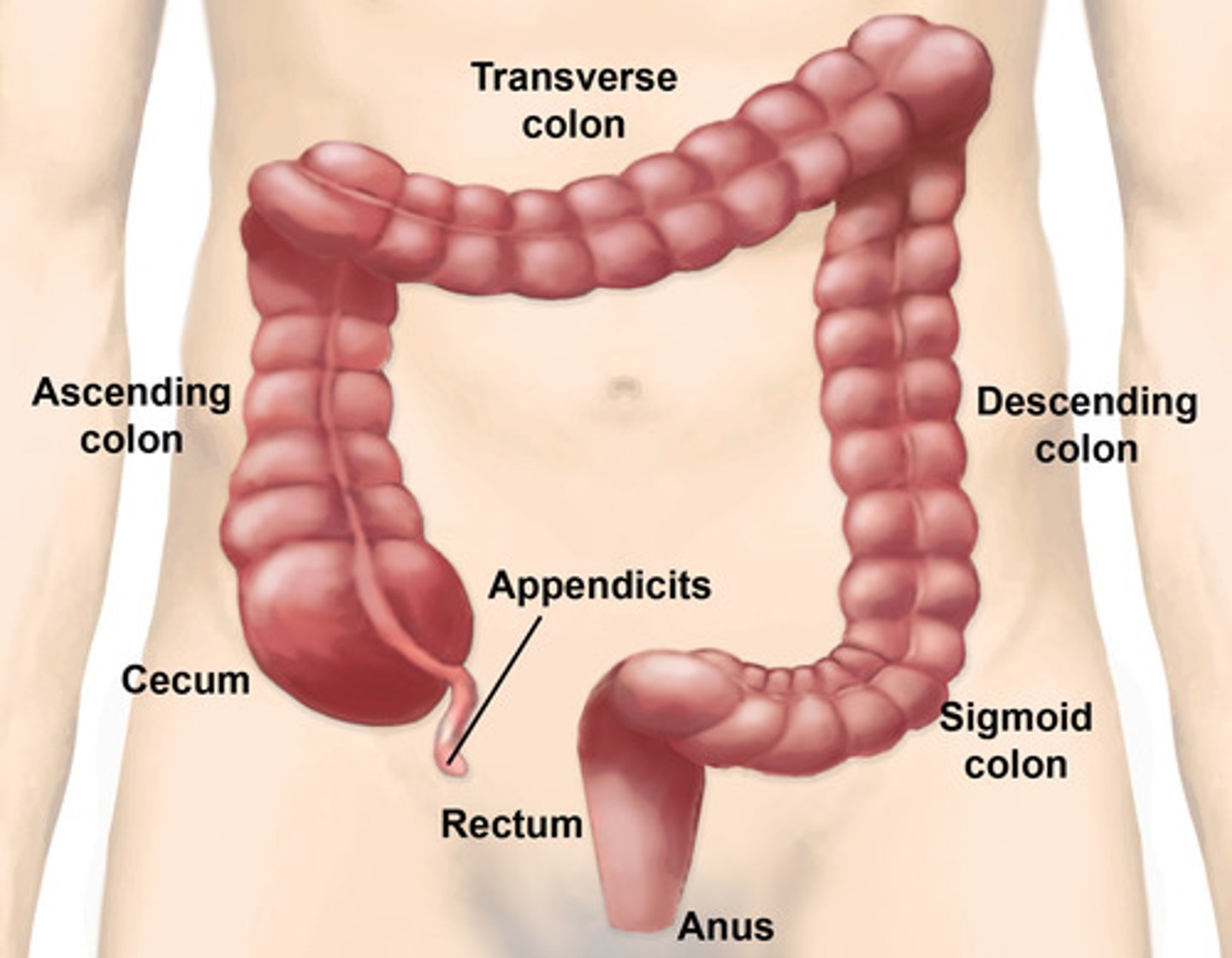
Metabolism
All of the chemical reactions that occur within an organism
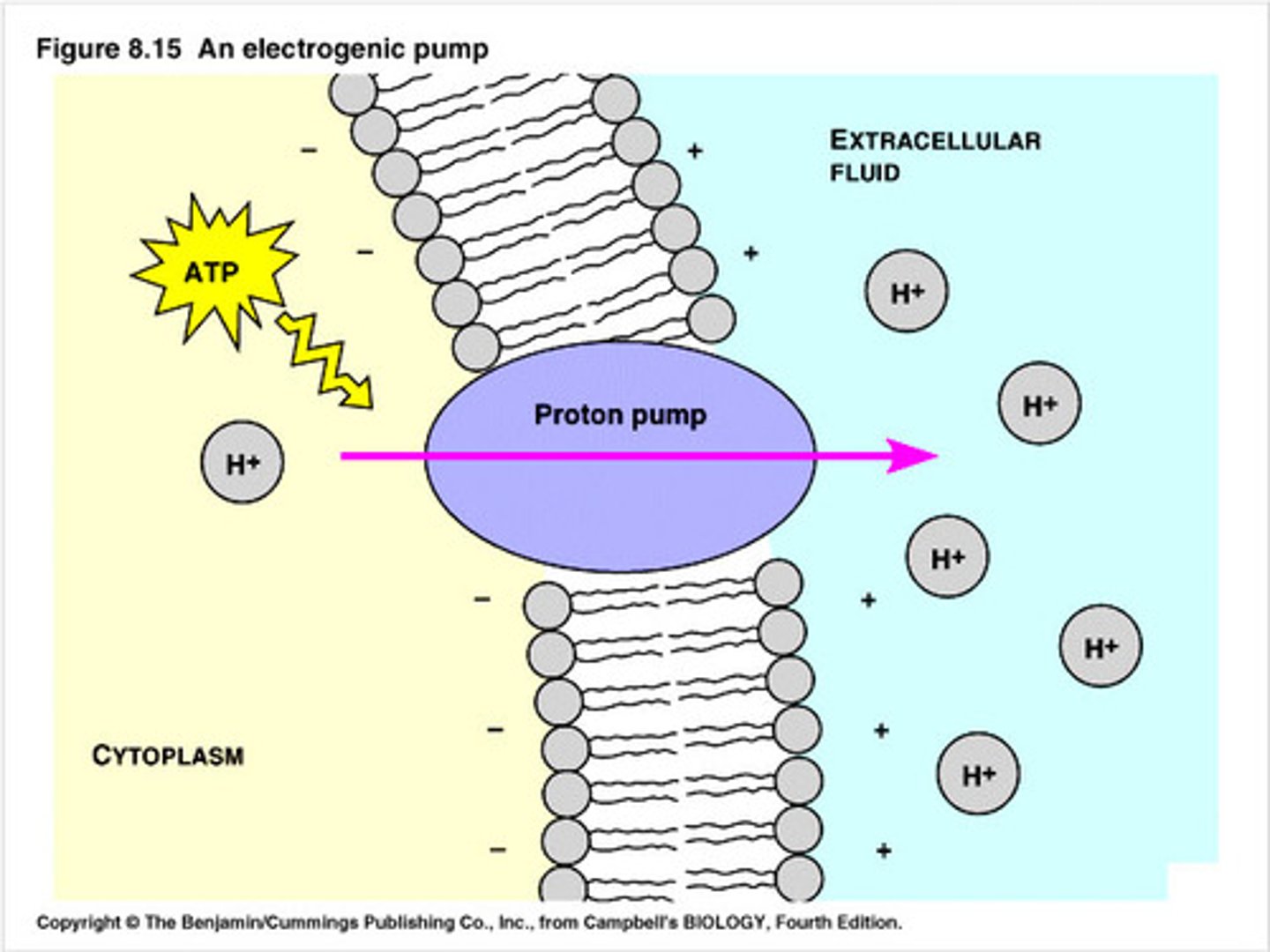
product
A substance produced in a chemical reaction
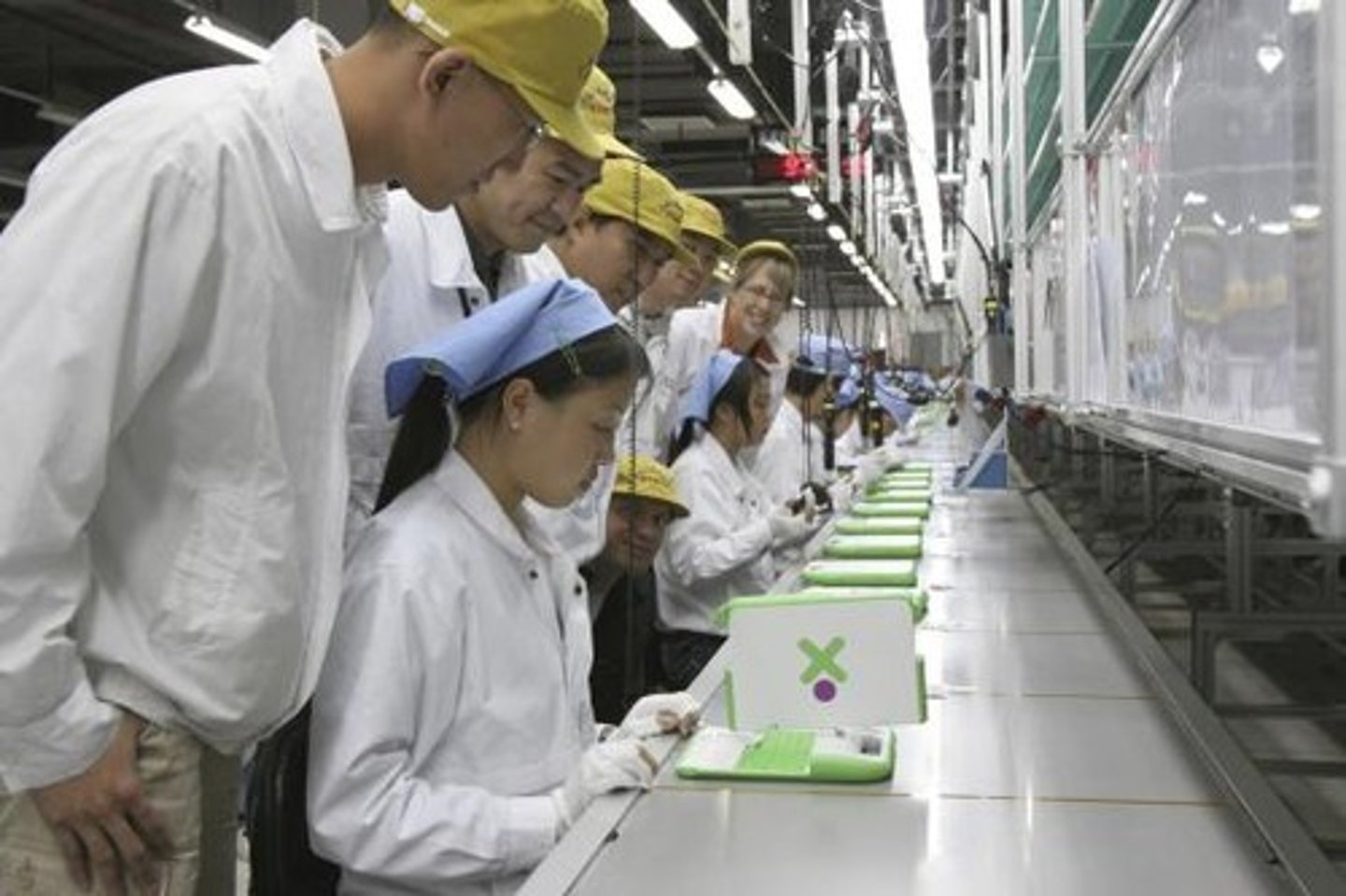
Protien
a class of nutients that builds body tissues and supplies energy. Protien is made of amino acids.
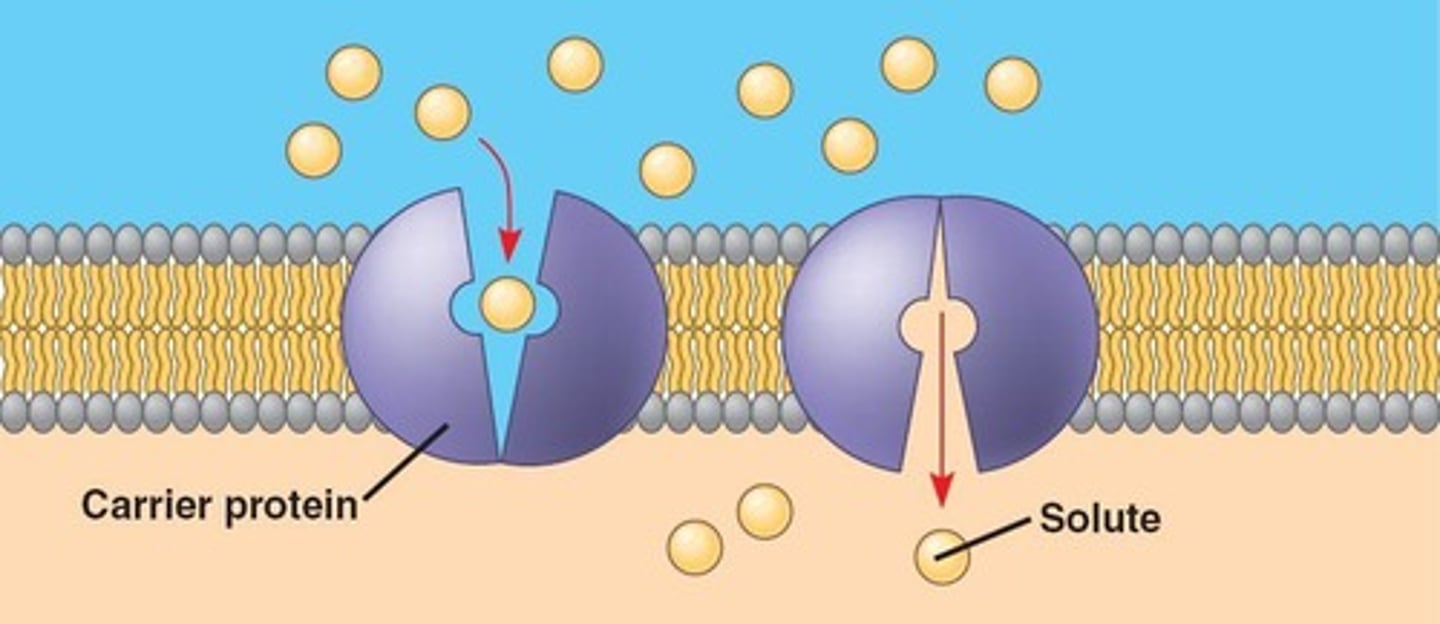
Reactant
A chemical substance that is present at the start of a chemical reaction
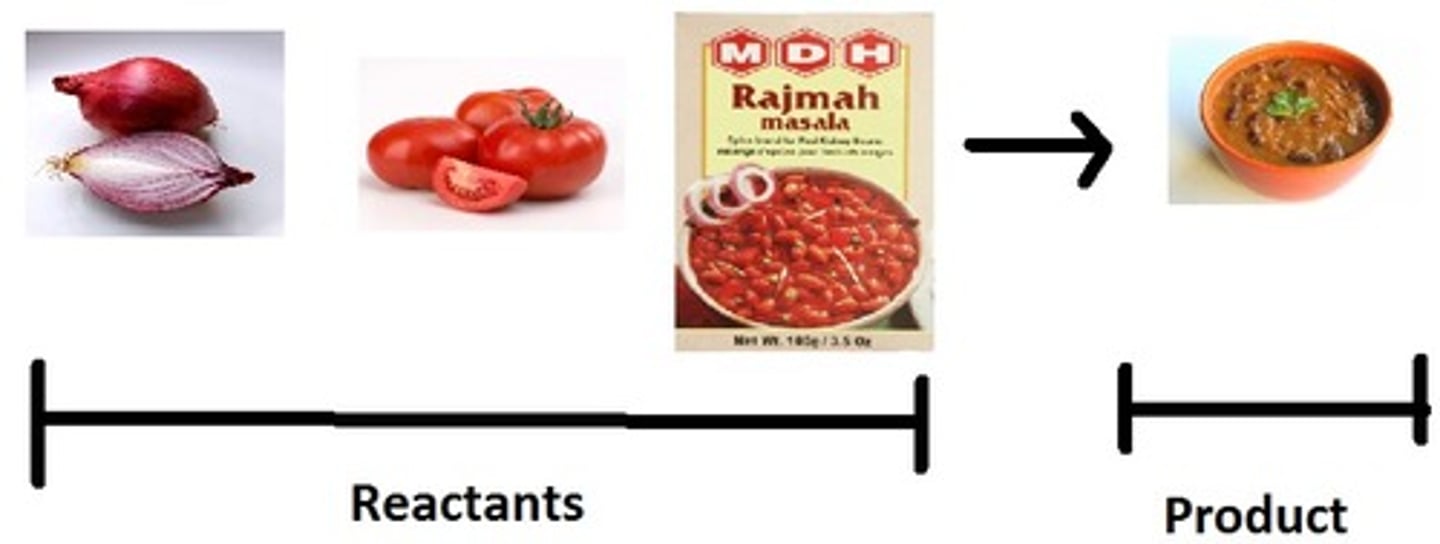
stomach
large muscular sac that continues the mechanical and chemical digestion of food
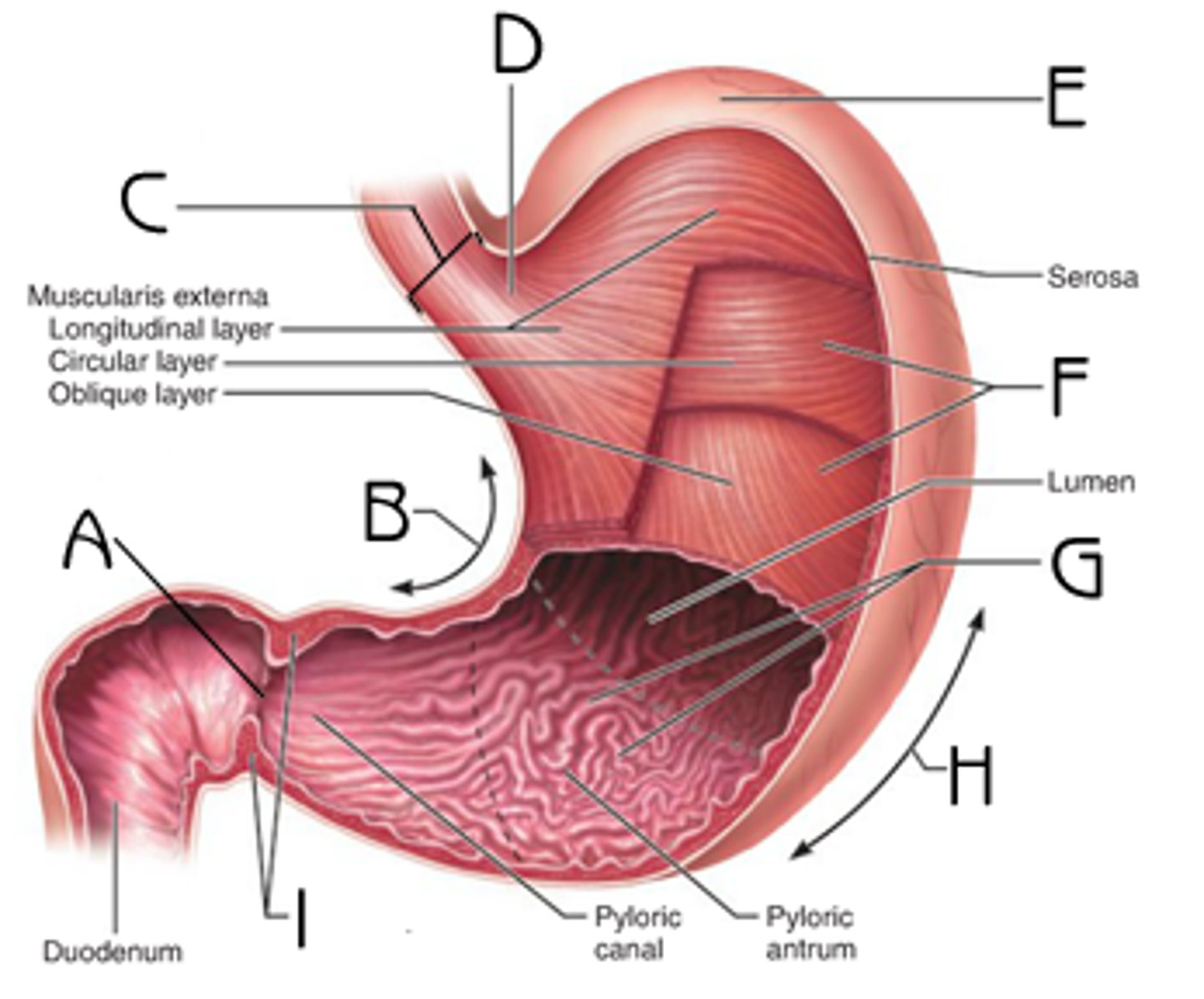
small intestine
The part of the digestive system in which most chemical digestion takes place.
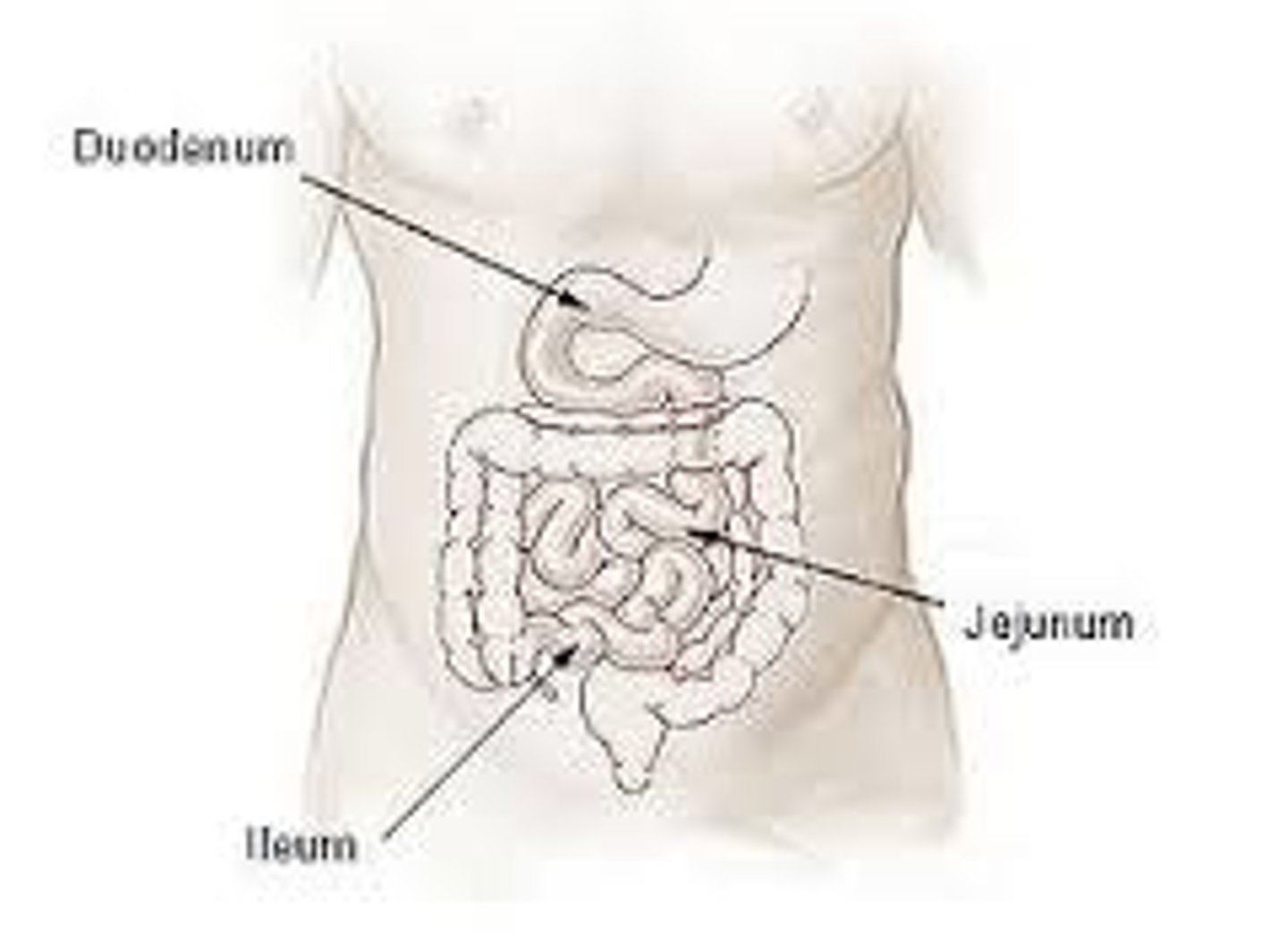
circulatory system
This system works as the transportation highway for the body. It consists of the heart, blood, and blood vessels. It transports substances such as oxygen, carbon dioxide, and nutrients in the body.
living things levels of organization
cells, tissues, organs, organ system
The simplest level of organizations in humans;
cells
system
set of organs tat work together to perform a specific function.
Lungs
Main organs of the respiratory system-balloons inflating or deflating can model this
nervous system
main organ-brain, regulates other systems
circulatory system
main organ-heart
respiratory system
main organ-lungs, supplies blood with oxygen
System
group of interdependent organs with similar functions
tissue
group of cells with similar structure or function
organ
group of tissues that work together to perform closely related functions
cell
structure and functional unit of all living things
works with digestive system to transport nutrients
circulatory system